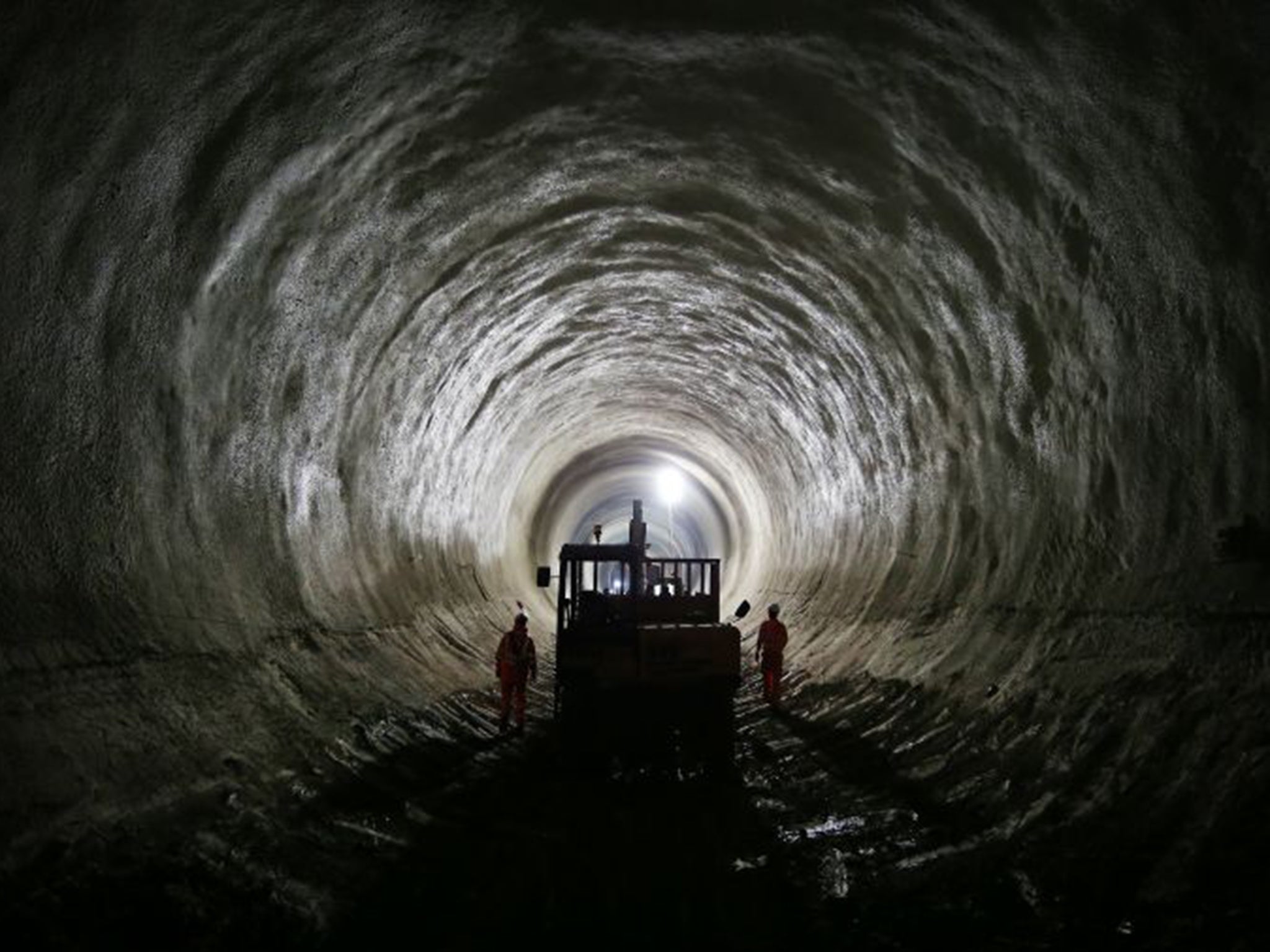British Chambers of Commerce tells George Osborne to take infrastructure spending out of his deficit target
The organisation's view on debt targets is now very close to Labour's

Your support helps us to tell the story
From reproductive rights to climate change to Big Tech, The Independent is on the ground when the story is developing. Whether it's investigating the financials of Elon Musk's pro-Trump PAC or producing our latest documentary, 'The A Word', which shines a light on the American women fighting for reproductive rights, we know how important it is to parse out the facts from the messaging.
At such a critical moment in US history, we need reporters on the ground. Your donation allows us to keep sending journalists to speak to both sides of the story.
The Independent is trusted by Americans across the entire political spectrum. And unlike many other quality news outlets, we choose not to lock Americans out of our reporting and analysis with paywalls. We believe quality journalism should be available to everyone, paid for by those who can afford it.
Your support makes all the difference.One of Britain’s leading business organisations has called on the Government to change its deficit targets so that they do not include spending on infrastructure.
The British Chambers of Commerce criticised the “demonisation of debt” in public discourse and said the state should really be borrowing to invest in useful projects.
“The BCC continues to support the government’s attempts to eliminate the deficit. However, the ‘demonisation of debt’, particularly public sector debt, has made justification for public investment more difficult in the current economic climate,” said John Longworth, the organisation’s director general.
“This is why we believe that any move to constrain future spending should explicitly exclude infrastructure, which is an investment rather than just a cost. This could be achieved through the removal of infrastructure investment of national importance from the national debt targets.”
The organisation’s position is now very close to that of Labour’s shadow chancellor John McDonnell, who said he endorsed aspects of George Osborne’s fiscal charter – but not on capital spending, which includes infrastructure.
In September Mr McDonnell revealed his support for a balanced current budget, but branded Mr Osborne’s plan to run a surplus on capital spending as “economic illiteracy”.
The shadow chancellor originally planned vote for the Chancellor’s budget charter, but performed a self-confessed U-turn and voted against it in what he described as a change of “tactics”.
He said the difference between Labour and the Conservatives is that Labour would reduce the deficit by targeting the wealthy rather than the poorest.
Mr Longworth made the comments in an article included in a report called “Bursting the Bubble” – highlighting ten ways the organisation believes Westminster gets economic policy wrong.
The Chancellor has passed a law that would commit the Government to running budget surpluses during “normal times”. He has accused Labour of wanting “to spend money we don't have and borrow for ever”.
Most normally-functioning national governments in develop countries constantly borrow money, with budget surpluses a rare occurrence.
The UK can currently borrow at very low interest rates meaning projects funded by borrowing that generate a return or sufficient increased economic activity are likely to be self-funding.
Join our commenting forum
Join thought-provoking conversations, follow other Independent readers and see their replies
Comments